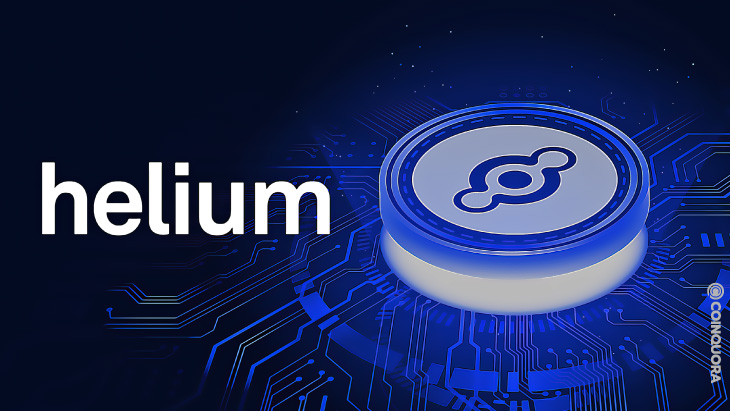- Crypto analyst tweets about Helium’s inflow of funds and use cases.
- Helium receives a $364 million investment fund and $6.5K revenue per month.
- The platform community is vocal about poor earnings from Helium.
Crypto entrepreneur and angel investor Liron Shapira criticized the money flow into the people-powered blockchain network Helium. He tweeted that Helium has acquired $364 million of investment led by the venture capital firm, a16z.
Shapira also tweeted that “regular folks” have also spent around $250 million in investment funds, specifically for buying hotspot nodes, with the hope of earning passive income. However, the “total revenue of Helium is $6.5K per month.”
.@Helium, often cited as one of the best examples of a Web3 use case, has received $365M of investment led by @a16z.
Regular folks have also been convinced to spend $250M buying hotspot nodes, in hopes of earning passive income.
The result? Helium’s total revenue is $6.5k/month pic.twitter.com/PyW6KPllvc
— Liron Shapira (@liron) July 26, 2022
Contextually, Shapira posted a series of tweets about the inflow of funds to and use cases of Helium.
Shapira wrote that members of the Helium subreddit have been increasingly vocal about seeing poor Helium returns. He detailed:
On average, they (members) spent $400- $800 to buy a hotspot. They were expecting $100 per month, enough to recoup their costs and enjoy passive income. Then their earnings dropped to only $20 per month.
In another post, Shapira wrote: “These folks maintain false hope of positive ROI. They still don’t realize their share of data-usage revenue isn’t actually $20/month; it’s $0.01/month.”
“The other $19.99 is a temporary subsidy from investment in growing the network, and speculation on the value of the $HNT token”, he remarked.
To specify, Helium is considered one of the best instances of Web3 use cases. Using blockchain and tokenization, this blockchain network is acclaimed as building the biggest IoT network in the world in less than three years.
Liron Shapira asked an a16z partner about the money flow into Helium, to which he did not get any answers. However, Amir Haleem, CEO of Helium and investor Kyle Samani supported Shapira’s posts.
Helium leadership responded… https://t.co/fLcECEVmZu
— Liron Shapira (@liron) July 27, 2022
Kyle Samani responded that the lead time for IoT customers is very long, and it was hard to take the Helium IoT network seriously until the past six months. He also added that it takes nearly 6-12 months for network testing, upgrading hardware, updating services portals, and shipping.


